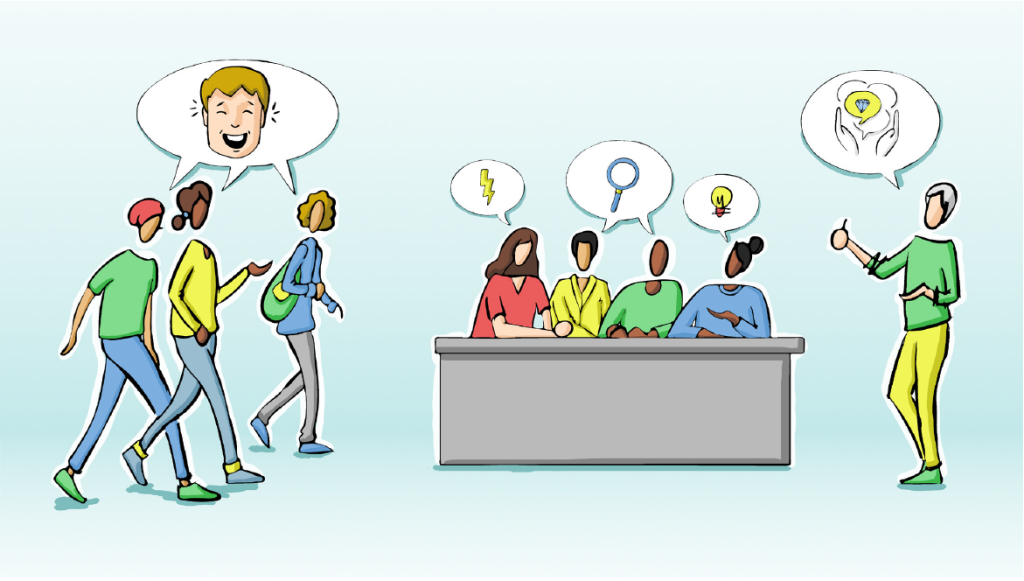IPR Method

IPR method
Why do we need an Inclusive Programme Review method?
This method facilitates an enriched understanding of student learning journeys through University degree programmes taking into consideration their emotions, dreams, frustrations and fears. These insights move educators away from questionnaires and evaluation forms of individual modules on our degree programmes and offer a more holistic insight into what students experience and how it all makes sense to them as a learning journey.
The method is based on the collaborative partnership between the educators and learners. There is no place for any egos and the success of this method requires to adopt a non-judgmental mindset and be prepared to challenge our own assumptions. We propose seven stages and the workbook will cover all of them in detail with focus on defining the issues that may be impacting on student experience and co-creating solutions that will address insights from students.
At the end of each stage you will reflect on what you have found and learnt. There will be space to write into the workbook directly if you wish but you can also keep notes separately.
You will also earn some recognition badges as you progress with the IPR! Wow, how exciting is that!
The IPR method is split in 3 sections:

Section 1: Understand the system
Stage 1 – Reflect and gather
At the start of the review we encourage you to pause and reflect on the information you have about the programme and any patterns arising from your current data collection. It is useful to look into some historical trends and also current issues mentioned in student and staff feedback.
Stage 2 – Map out your context
Understanding where your programme sits in the wider University ecosystem will help you understand any dependencies and governance structures you will need to keep in mind for any improvements you may want to put in place later. At this stage you may also identify some allies who may support you on your improvement journey.

Section 2: Co-create opportunities
Stage 3 – Discover your students
This is an exciting stage where you invite your cohort of students, all of them, not just student reps, to a workshop focused on co-creating student personas. Who else would give you a better idea of the cohort profile than the students themselves?
Stage 4 – Walk through the programme.
This stage is directly linked to the persona co-creation and your students will continue in the workshop mode developing an emotional journey of the persona through your programme.
Stage 5 – Spot the opportunities
Here we synthetise all insights we have collected and identify the main frustrations and challenges, as well as joys and highlights pointed out by students. These insights will form a foundation for future improvements on the programme.

Section 3: Achieve Impact
Stage 6 – Share the outcomes
It is important to let the students know what you have done with their insights. Take time to share your plans for improvements and also those that simply cannot be taken forward. Celebrate!
Stage 7 – Keep it going
Now, will this method stick with you? Ideally, you repeat this every year to keep reviewing the relevance of education and delivery of your programme. It is guaranteed that the alumni family of your programme will beam with pride year on year.